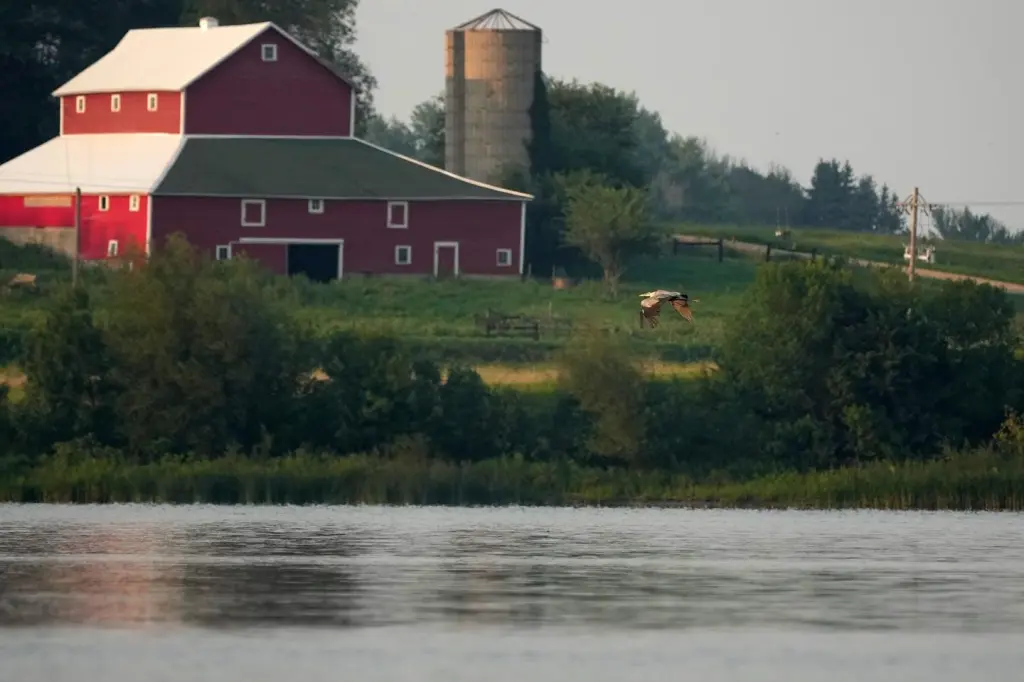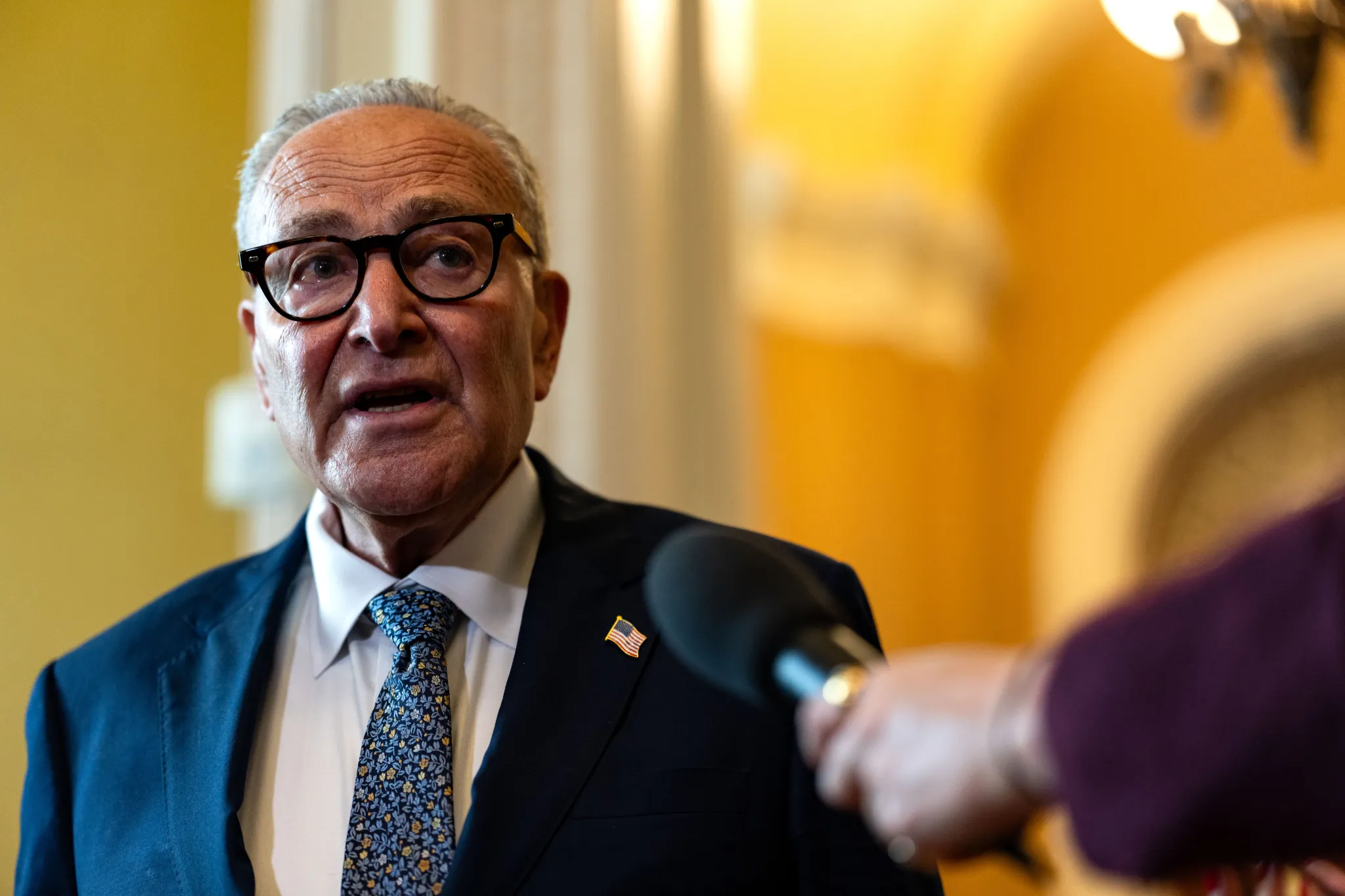
By Brooks Johnson, The Minnesota Star Tribune
In 1985, a newly minted nonprofit set up a phone number to help gather donations: 1-800-FARM-AID.
But many of the people calling weren’t offering money. They were looking for help.
“It was the first time that there seemed to be a way for farmers to connect, to seek out help,” said Farm Aid co-executive director Jennifer Fahy. “And so they were calling our number set up for donations, and Farm Aid quickly moved into answering those phone calls.”
More than a big-name fundraising concert, which is in Minnesota for the first time Saturday at Huntington Bank Stadium in Minneapolis, Farm Aid is a flag that waves: Help is available. And it’s needed today as much as it was 40 years ago.
The annual concert launched to help struggling farmers facing their worst financial crisis since the Great Depression, when hundreds of thousands of farmers defaulted on loans and lost their farms as crop and land prices plummeted. Much of the money Farm Aid raised went to other supportive nonprofits that could lend a local hand.
As the 1980s farm crisis faded, other problems kept cropping up, making Farm Aid a year-round operation that spends millions maintaining that hotline, providing emergency grants and supporting local farm groups around the country.
Now a new catastrophe is brewing, as crop prices remain low and median farm incomes are projected to go negative for the fourth consecutive year.
“We’ve heard a lot from corn and soy farmers who went through the crisis, weathered it, and all are saying, ‘I don’t know what the future holds for the next generation because we’re losing money on every acre,’ ” Fahy said.
In Minnesota this summer, about 500 farms went into mediation, a step to avoid foreclosure. That’s four times the level of last summer and a clear sign of financial trouble spreading. Nationally, farm bankruptcies are also on the rise.
“I sent two farmers to our farm advocates today, and one to the mental health line,” Minnesota Department of Agriculture Commissioner Thom Petersen said last week. “Now is an important time to have Farm Aid.”
Born of crisis
In the late 1970s, farmers took on big debts on the back of strong crop prices and rising land values.
Then land values and commodity prices came crashing down, especially after a 1980 embargo on selling grain to the Soviet Union. Farmers couldn’t pay their loans or easily refinance because interest rates had spiked significantly in an attempt to halt inflation.
Bankruptcies and foreclosures became an everyday occurrence, and the Midwest was hit hardest. Minnesota lost more than 13,000 farms between 1978 and 1987, a decrease of about 15%.
Today, a few different problems are compounding. Commodity prices are again below break-even for many cash crops. Tariffs are keeping China from buying American soybeans. The cost of farming, especially for someone starting out, is strikingly high. And the average age of farmers keeps rising.
“It’s difficult for anybody to be profitable in this environment,” said Ruth Ann Karty, a farm advocate at the state department of agriculture. “Often, it’s really important for these farmers to understand they are not only farmers, they are business people, and yet we don’t get to set our prices.”
Karty and her husband endured the 1980s farm crisis, and they were some of the first Minnesota farmers to go through mediation to sort out their finances and save their land. A farm advocate helping them with mediation inspired her to become one, a role she meant to hold for just two years.
“I’ve been doing this 39 years. There’s not one year there isn’t some crisis,” Karty said. “Today, the crisis is about having no control over commodity prices, while our input costs are historically high.”
Farm Aid is putting together a national network of farm advocates, because not every state has that resource. Minnesota has the oldest farm advocate program in the country, founded in 1984 with continuous support from the state Legislature.
Fahy said making those kinds of connections is at the heart of Farm Aid. Solving local problems requires local solutions, she said. The group funnels much of its money to other nonprofits, and hotline operators will direct folks to a long list of resources in the area.
Farm Aid is also not shy about its laser focus on small family farms and land stewardship in its advocacy work.
“We’ve worked side-by-side with farmers to protest factory farms and inform farmers and eaters about issues like genetically modified food and growth hormones,” the group has said.
In really tough situations, there are emergency grants that can help keep food on the table and buy some time until financial or legal messes settle.
“It’s an effort to make folks feel they’re not alone,” Fahy said.
Call for help
Though Saturday’s concert is the first time Farm Aid has set up a stage in Minnesota, the state’s connections to Farm Aid run deep.
A Minnesota farmer, Bobbi Polzine, took the stage at the first concert — although John Mellencamp accidentally introduced her as a Wisconsin farmer, which she promptly corrected, according to the Worthington Daily Globe.
One of the first groups Farm Aid wrote a check to in 1985 was Farmers’ Legal Action Group (FLAG), still based in St. Paul. The nonprofit provides legal aid with the goal of keeping farmers on their farms, and it still receives Farm Aid funding.
“With the situation we have right now, the way mediations are spiking, the number of farms could keep falling,” said Scott Carlson, the group’s executive director. “Farmers are very worried about their livelihood.”
FLAG also has a hotline, 877-860-4349, which takes calls from thousands of farmers a year around the country.
“A lot of times, farmers call us when it’s too late, like there’s a foreclosure hearing on Thursday, and today is Monday,” Carlson said. “If farmers are in financial crisis, what they should do is answer the phone, open the mail. Don’t put their head in the sand.
“The sooner you contact us or some other nonprofit, the sooner it can get sorted.”
Karty had the same advice.
“When you’re in trouble, open up, tell somebody,” she said. “I see too many families that don’t talk to each other about their financials, and they’re ashamed and want to hide. But you need to share your burdens, so they become lighter.”
©2025 The Minnesota Star Tribune. Visit at startribune.com. Distributed by Tribune Content Agency, LLC.



